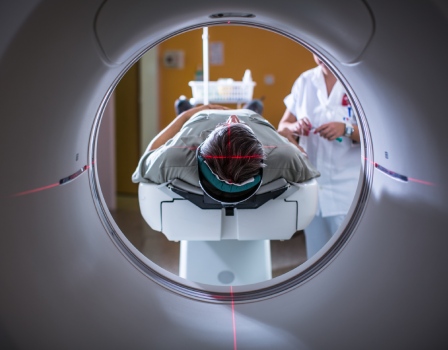
Head injuries like brain bleeds and traumatic brain injury are a significant concern in nursing homes and other medical facilities like assisted living facilities, rehabilitation facilities and hospitals, due to the vulnerability of elderly residents. These injuries can happen more frequently in long term care facilities due to the increased risk of falls in the elderly. Brain and head injuries can have severe consequences and may even be life-threatening and cause death.
Some head injuries in nursing homes are caused by negligence, giving rise to a right to bring a nursing home abuse or neglect lawsuit. When a head injury leads to the death of a resident, the family of the victim may be able to bring a wrongful death lawsuit against the nursing home, assisted living facility or other rehabilitation facility or hospital.
Pleasant Law and attorney Thomas Pleasant have handled many head injury cases during over 15 years of focusing on nursing home abuse cases; and can handle cases throughout Georgia, North Carolina, Kentucky and Tennessee. Contact Pleasant Law for a free case evaluation.
Head injuries can range from mild concussions to more severe and life altering brain injuries like traumatic brain injury (also called “TBIs”). Even seemingly minor head injuries can lead to complications, such as subdural hematomas (bleeding between the brain and its outermost covering) or intracranial bleeding. These complications can result in cognitive decline, physical disabilities, changes in behavior, and death.
Nursing homes should develop a care plan for falls and accidents, and then carry out that plan by implementing interventions to prevent head injuries among residents. This includes regular assessment of residents’ fall risk, providing adequate supervision, modifying the environment to minimize hazards (e.g., removing tripping hazards, ensuring adequate lighting), implementing therapy and restorative exercise programs to improve strength and balance, and providing appropriate assistive devices (e.g., handrails, grab bars). Staff education and training on fall prevention strategies are also very important.
In the event of a head injury, nursing home staff should respond promptly. This includes assessing the severity of the injury, initiating appropriate first aid measures, and seeking medical attention as needed. Even seemingly minor head injuries should be taken seriously and monitored for any signs of deterioration or complications. Nursing home staff are required to do periodic neurological checks after any fall where a resident hit, or might have hit, his or her head.
Head injuries can range from mild concussions to more severe and life altering brain injuries like traumatic brain injury (also called “TBIs”). Even seemingly minor head injuries can lead to complications, such as subdural hematomas (bleeding between the brain and its outermost covering) or intracranial bleeding. These complications can result in cognitive decline, physical disabilities, changes in behavior, and death.
After a head injury, nursing home residents may require specialized care and rehabilitation services. This can involve physical therapy, occupational therapy, speech therapy, and cognitive rehabilitation to help regain function, improve mobility, and manage any resulting disabilities. A brain bleed such as a subdural hematoma or intracranial bleeding may require surgery. In some cases, brain bleeding is too severe and leads to death. Many elderly residents are also unable to survive surgery, and there is essentially nothing health care providers can to to effectively resolve the bleed.
"*" indicates required fields